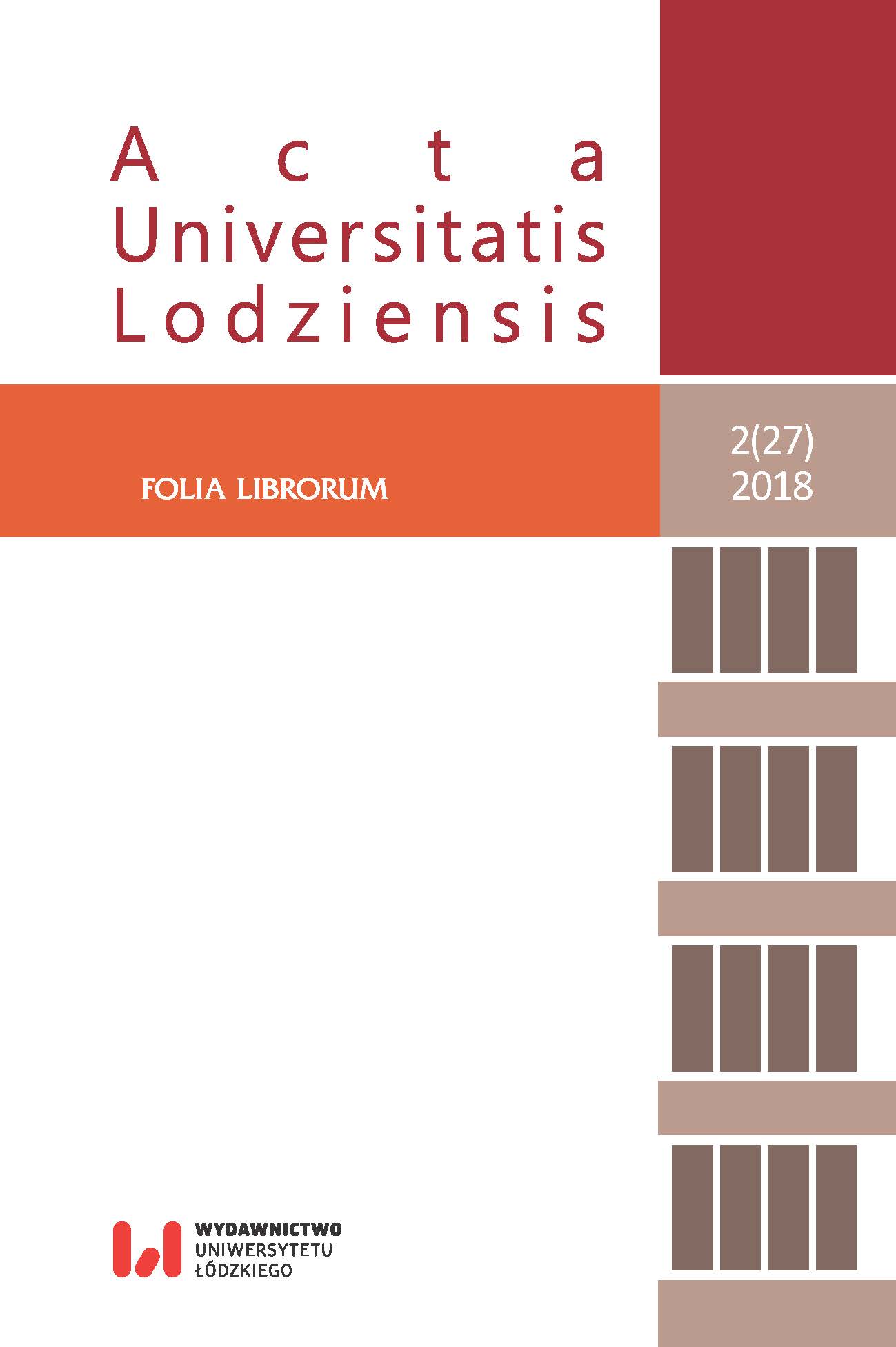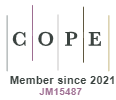Long live the Freedom! The influence of books on the reader´s spiritual transformation
DOI:
https://doi.org/10.18778/0860-7435.27.03Keywords:
books, Hans and Sophie Scholl, Nazism, spiritual transformation, The White Rose, martyrdomAbstract
The aim of this article is to show on the example of the siblings Hans and Sophie Scholl the influence of books, furthermore the power of the word and the content, contained in the books on the spiritual transformation of the human being. A deeply rooted in Christian values and in liberal world views parental home, the contact with art and music, but in particular the reading masterpieces of outstanding writers, philosophers and theologians were for Scholl siblings in the time of the Nazi regime, the unwavering basement not only of their intellectual development, but above all of their spiritual transformation, which releases an enormous power, to oppose passively against the manipulating and terrorising regime, creating and spread the leaflets of the White Rose, but also the power of an unlimited courage to give their lives for saving the personal freedom of the mankind.Downloads
References
Burzyńska, Anna (2012). Doświadczenie lektury. Edukacja, 118 (2), 9–19.
Google Scholar
Die Weiße Rose. Hans und Sophie Scholl. Pobrane 30 kwietnia 2018 z: www.youtube.com/ /watch?v=M4zMxaHSSOE&t=225s.
Google Scholar
George, Emery E. (2010). Sophie Scholl and Hölderlin: Literary Politics and the Martyrdom in the Third Reich. Southern Humanities Review, 44 (1), 13–33.
Google Scholar
Keller, Gustav (2014). Die Gewissensentwicklung der Geschwister Scholl. Eine moralpsychologische Betrachtung. Herbolzheim: Centaurus.
Google Scholar
DOI: https://doi.org/10.1007/978-3-86226-897-9
Małyszka, Arkadiusz (2013). Mój Swarzędz. Obóz RAD w Swarzędzu (Obóz Reichsarbeitsdienst w Swarzędzu. Pobrane 9 października 2018 z http://www.mojswarzedz.pl/oboz-rad-w-swarzedzu.
Google Scholar
Ott, Hugo (2004). Die Weiße Rose. Ihr Umfeld in Freiburg und München. Vortrag zur Eröffnung der Ausstellung „Die Weiße Rose. Gesichter einer Freundschaft“ in der Universität Freiburg am 29. April 2004. Pobrane 3 maja 2018 z http://kultour-innovativ.de/Rede%20OT.pdf.
Google Scholar
Richter, Reinhard (2000). Nationales Denken im Katholizismus der Weimarer Republik. Münster: Lit.
Google Scholar
Rorty, Richard (1996). Kariera pragmatysty (przeł. T. Bieroń). W: S. Collini (red.), Interpretacja i nadinterpretacja. Przeł. T. Bieroń (s. 88–106). Kraków: Znak.
Google Scholar
Rychlewski, Marcin (2010). „Pasmo estetyczne”: teoria recepcji i socjologia czytelnictwa. Przestrzenie Teorii, 3, 191–205.
Google Scholar
DOI: https://doi.org/10.14746/pt.2010.13.8
Scholl, Inge (2002). Biała Róża. Koszęcin: Jan Myrcik – Ośrodek Kultury i Edukacji Regionalnej.
Google Scholar
Schüler, Barbara (2000). Im Geiste der Gemordeten „Die Weiße Rose“ und ihre Wirkung in der Nachkriegszeit. Paderborn: Ferdinand Schöningh.
Google Scholar
Skurtys, Jakub (2014). Doświadczenie lektury wobec praktyk codzienności (od afirmacji do kontestacji). Czytanie Literatury. Łódzkie Studia Literaturoznawcze, 3, 109–121.
Google Scholar
Wojciechowski, Jacek (2000). Czytelnictwo. Kraków: Wydawnictwo Uniwersytetu Jagiellońskiego.
Google Scholar
Zoske, Robert M. (2014). Sehnsucht nach dem Lichte. Zur religiösen Entwicklung von Hans Scholl: unveröffentlichte Gedichte, Briefe und Texte. München: Herbert Utz Verlag.
Google Scholar
Zoske, Robert M. (2018). Flamme sein! Hans Scholl und die Weiße Rose. Eine Biographie. München: C. H. Beck.
Google Scholar
DOI: https://doi.org/10.17104/9783406700262
Downloads
Published
How to Cite
Issue
Section
License

This work is licensed under a Creative Commons Attribution-NonCommercial-NoDerivatives 4.0 International License.










